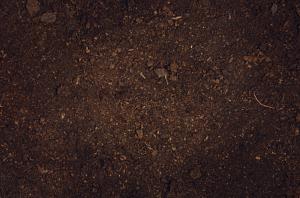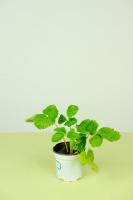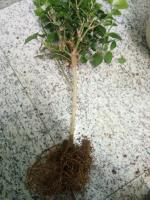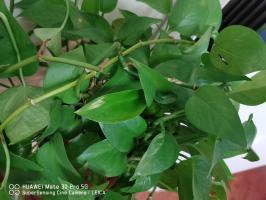What is Plant Food?
Introduction
Plant food, also known as fertilizer, is an essential nutrient source for plants. Fertilizers provide plants with the necessary nutrients they need to grow and thrive. From commercial fertilizers to organic ones, there are various types of plant foods available in the market. In this article, we will explore the different types of plant food and their uses.
Types of Plant Food
There are two main types of plant food: organic and inorganic. Organic plant food generally consists of natural materials like animal manure, compost, and other organic matter. Inorganic plant food, on the other hand, is made from chemical compounds like nitrogen, phosphorus, and potassium.
Organic Plant Food
Organic plant food is a popular choice for many gardeners and farmers who want to use natural materials to enrich their soil. Organic plant food contains essential nutrients and micronutrients that are easily absorbed by plants. Additionally, organic plant food can improve soil structure, increase soil fertility, and enhance soil's water retention capacity.
Inorganic Plant Food
Inorganic plant food, also known as synthetic plant food, is made from chemicals that are manufactured in laboratories. Synthetic plant food contains high concentrations of essential nutrients like nitrogen, phosphorus, and potassium. It is an effective plant food that provides faster results than organic plant food. However, it may have some adverse effects on the soil's natural nutrients and may cause environmental damage if not used properly.
Benefits of Plant Food
Plant food provides a range of benefits to plants, including:
1. Improved growth and yield: Plants thrive on essential nutrients, and plant food provides them with a concentrated source of these nutrients, resulting in improved growth and yield.
2. Enhanced resistance to diseases: Plants that receive adequate amounts of nutrients are better equipped to fight off diseases.
3. Increased drought resistance: Plant food can help plants to retain moisture, which helps them to better withstand dry conditions.
Conclusion
Plant food plays a vital role in plant growth and development. Whether you prefer organic or inorganic plant food, it is important to choose a quality product that is formulated to meet your plant's specific nutrient needs. So, whether you are an experienced gardener or a novice, make plant food an essential part of your plant care routine, and watch your plants thrive!

 how many times do yo...
how many times do yo... how many planted tre...
how many planted tre... how many pine trees ...
how many pine trees ... how many pecan trees...
how many pecan trees... how many plants comp...
how many plants comp... how many plants can ...
how many plants can ... how many plants and ...
how many plants and ... how many pepper plan...
how many pepper plan...































